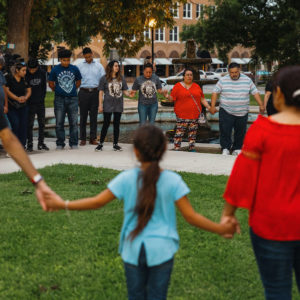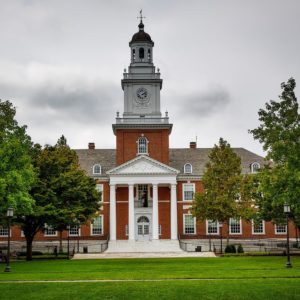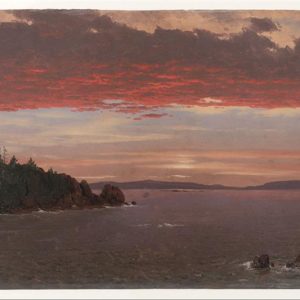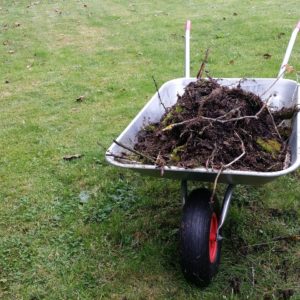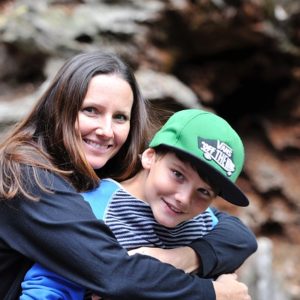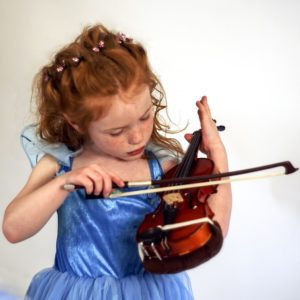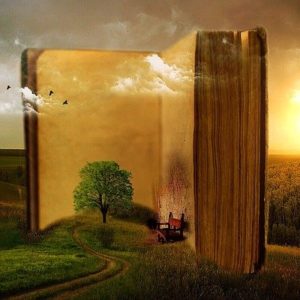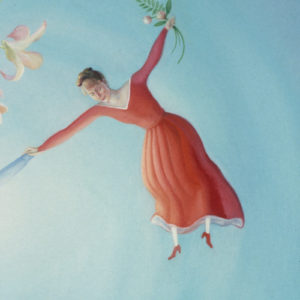
The Evening of Time
I have been a reader of Hölderlin for many years. I took down his collected poems and read his hymns to the Virgin Mary and Patmos, his elegy “Bread and Wine” and his river poems (on the Main, the Neckar, the Rhine, the Ister).… They are fraught, paradoxical poems that display majestic architecture, and they brought me some peace.

